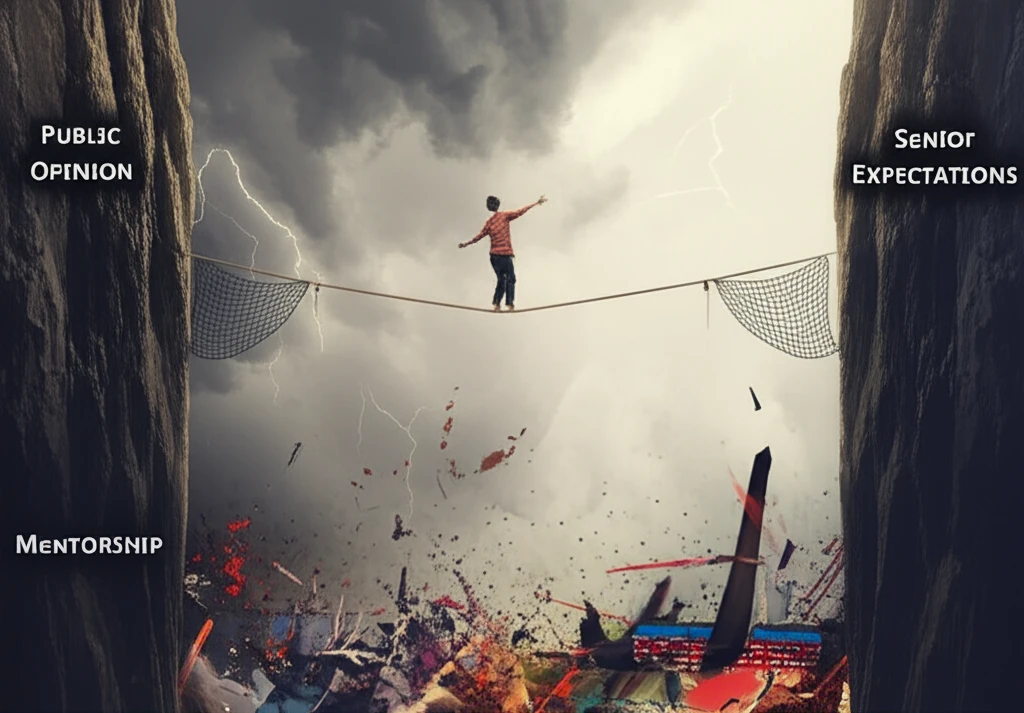
Navigating the Minefield: Early Career Researchers, Public Health, and the Emotional Toll of Research
"Discover the unacknowledged emotional pressures facing young public health researchers and how they impact their work and well-being."
Public health research is inherently intertwined with moral, ethical, and emotional considerations. However, the impact of these elements on knowledge production and dissemination remains largely unexplored. Emotions play a significant role in shaping arguments and influencing public perception, as seen in debates surrounding various health issues.
While the social construction of scientific knowledge is widely acknowledged, the emotional dimensions of research are frequently overlooked. This is particularly relevant in public health, where researchers must navigate complex moral landscapes and conflicting opinions.
This article delves into the emotional challenges faced by early career researchers (ECRs) in public health, using the contentious field of e-cigarette research as a prime example. It highlights the pressures to conform to established viewpoints, the difficulties in maintaining objectivity, and the potential impact on their careers.
The Unseen Burden: Emotional Labor in Public Health Research

Academic research demands composure, professionalism, and high productivity, often disregarding the emotional toll these requirements can take. Early career researchers, lacking the capital and experience of their senior counterparts, are particularly vulnerable to the pressures of navigating controversial research areas.
- The framing of 'renormalisation' of smoking, coupled with deep-rooted moral beliefs about purity and harm reduction, adds complexity to public health knowledge formation.
- Involvement of the tobacco industry and questions on research reliability contribute to a divided field, where commentary pages are filled with strong opinions and narratives of researchers as either 'proponents' or 'opponents'.
Moving Forward: Acknowledging Emotion in Research
The challenges faced by ECRs highlight the need to acknowledge and address the emotional dimensions of research. By reflexively considering how emotion directs our research, actions, and comments, we can create safer and more supportive environments for those starting out in the field. This includes fostering open discussions, mentorship, and a greater awareness of the pressures that shape research and researchers' experiences.
